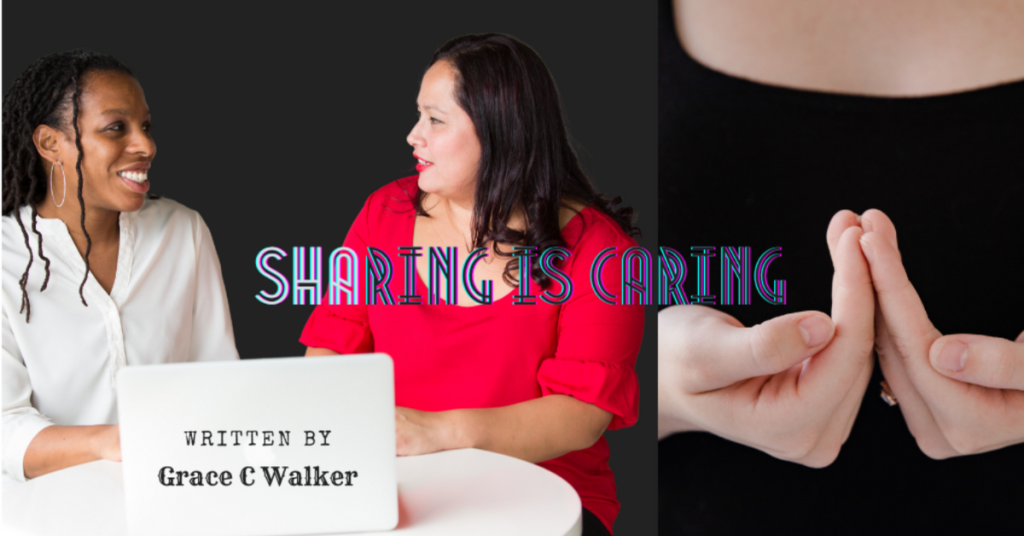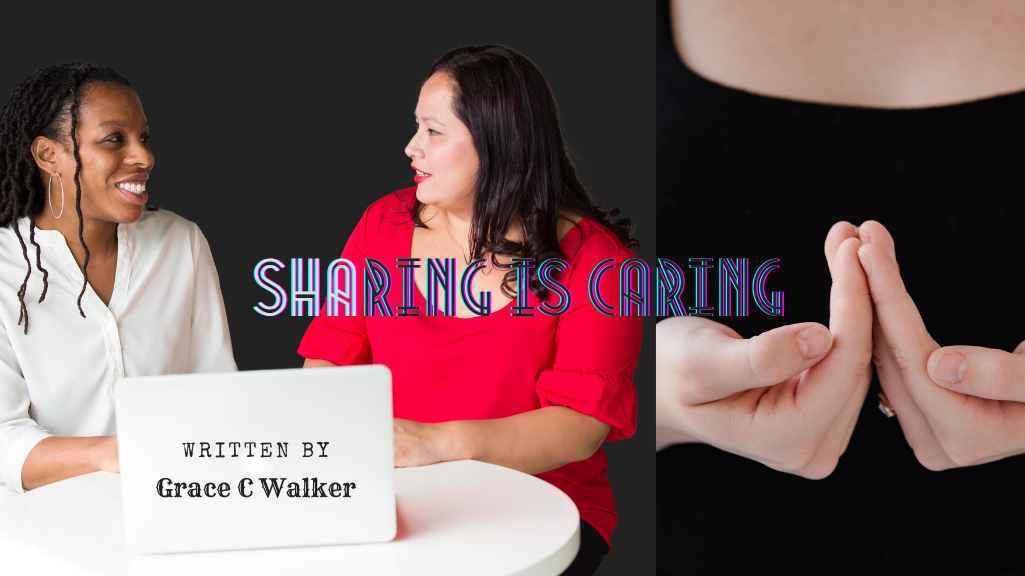Sharing is Caring: Embracing Social Media as a Medium for Connection and Growth


In today’s digital age, social media has become an integral part of our lives, allowing us to connect, share, and engage with others on a global scale. However, amidst the countless discussions, arguments, and interpretations surrounding the impact of social media, it’s important to present a perspective shaped by individual experiences and expertise. As someone with over 20 years in the communications industry, I believe in the motif of “Sharing is Caring.”
Communication, whether in art or science, has always revolved around the exchange of information and engagement. Libraries, for example, curate books that communicate pertinent facts, perspectives, and concepts developed through learning and expertise. From the study of biblical theology to theories about the origin of the universe, ethics, law, politics, and a wide range of subjects, information has been communicated and shared for intellectual and social deconstruction and analysis.
The concept of “Sharing is Caring” is not a new phenomenon. It has been an integral part of the human experience throughout history. However, what has changed is the medium through which this sharing takes place. Social media has emerged as a popular platform for this exchange of information. Yet, it encounters an age bias, particularly among individuals over the age of 55, who often exhibit a certain level of distrust towards social media.
Interestingly, these same individuals actively participate in platforms such as YouTube and various chat forums, even as they express their disdain for social media as a whole. They engage with programs, research, theories, and sometimes even misinformation, in an effort to debunk the notion that social media is an adversary to normalcy.
One area where ongoing contradictions arise within social media is the sharing and resharing of posts across multiple platforms. For instance, when someone shares a video clip of a performance, an artist may argue that the act of sharing violates their copyright privileges. The contradiction arises from the fact that if content is not shared widely and across multiple channels and platforms, it remains isolated and limited in terms of reach and exposure.
For social media to have a real impact and become a platform for meaningful communication, it must be shared with relevant audiences. It’s essential to understand that not everyone comprehends or relates to this new art of communication called social media. Many harbor apprehensions due to concerns about information overload, bots, threats, fakes, surveillance, and the buzz around the next generation of artificial intelligence.
Contrary to viewing social media as a controversial and disruptive invasion of communication, it should be seen as a medium of education that encourages discernment, discussion, appropriation, and intelligence. Social media is more than just the latest video, post, or platform; it is a tool for learning and understanding the evolving language of communication.
By sharing information, perspectives, and insights on social media, we actively contribute to the collective intelligence of society. We bridge gaps, spark conversations, and provide opportunities for growth and enlightenment. Sharing is caring because it allows us to connect with others, expand our horizons, and foster a sense of community in an increasingly interconnected world.
So, let’s embrace social media as a powerful tool for communication, understanding, and shared growth. Let’s recognize that sharing is indeed caring, and by participating in this exchange of knowledge and experiences, we contribute to a more informed and compassionate society.
